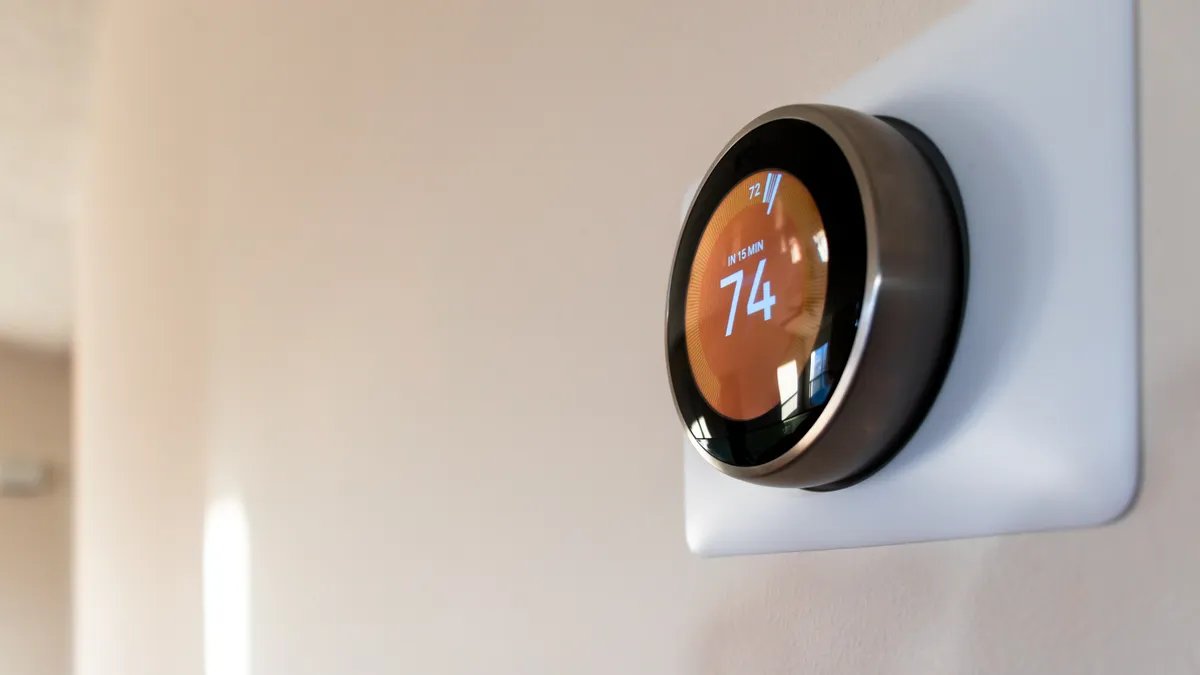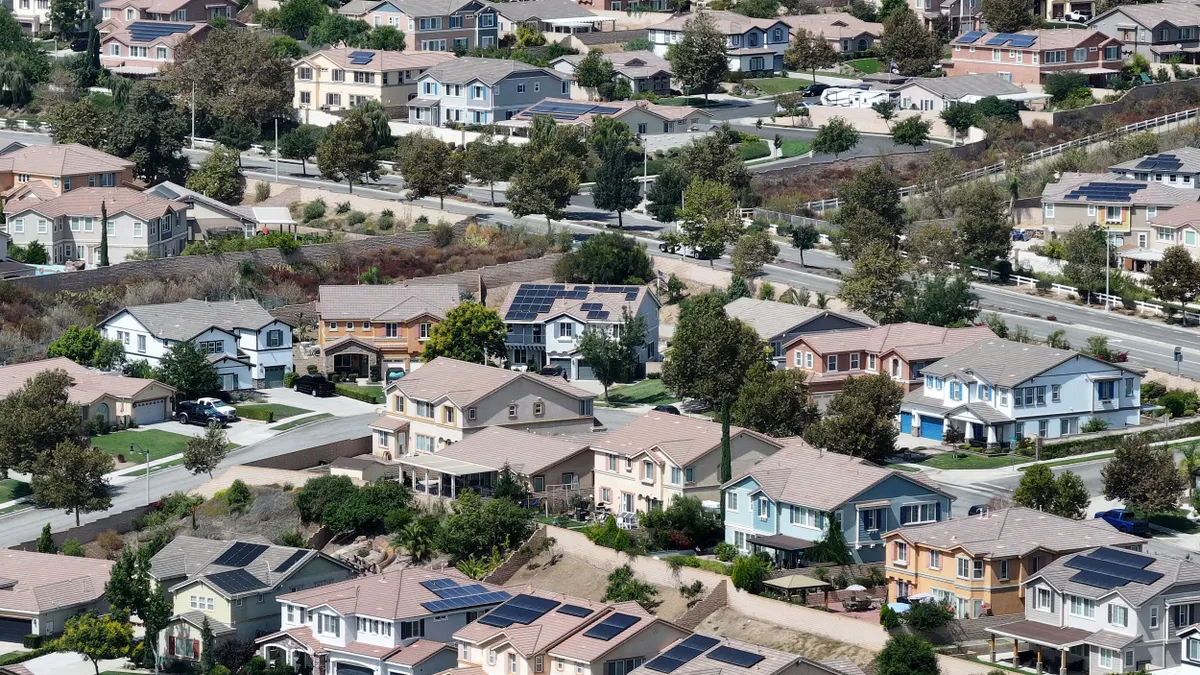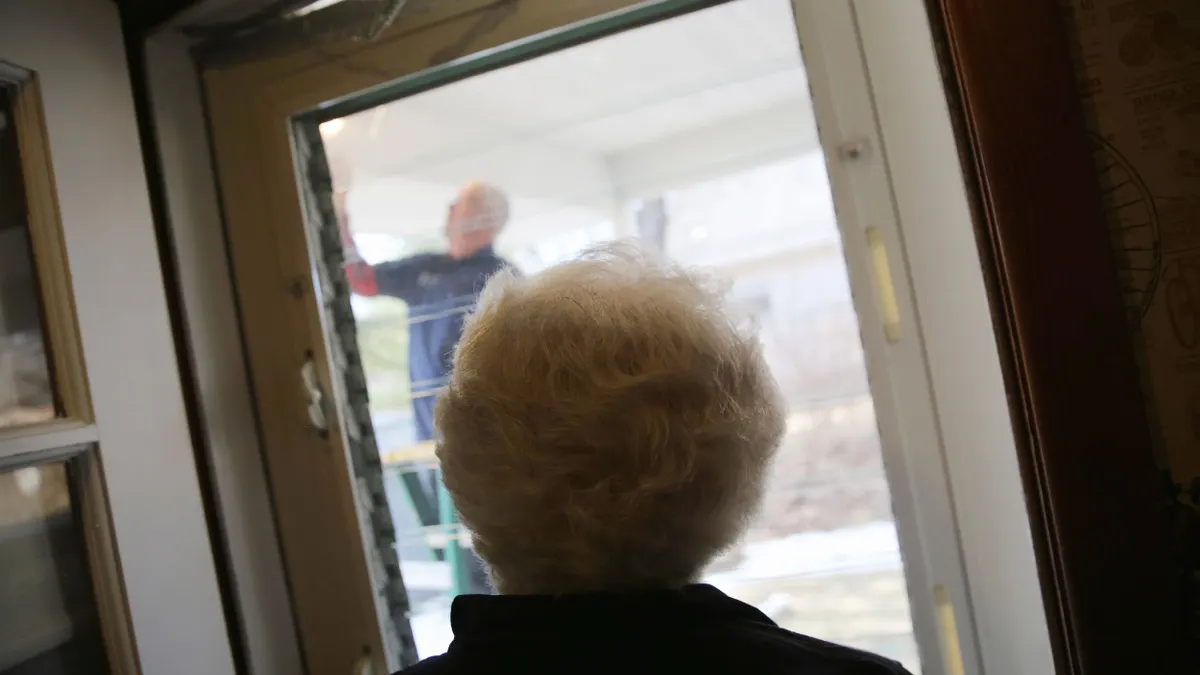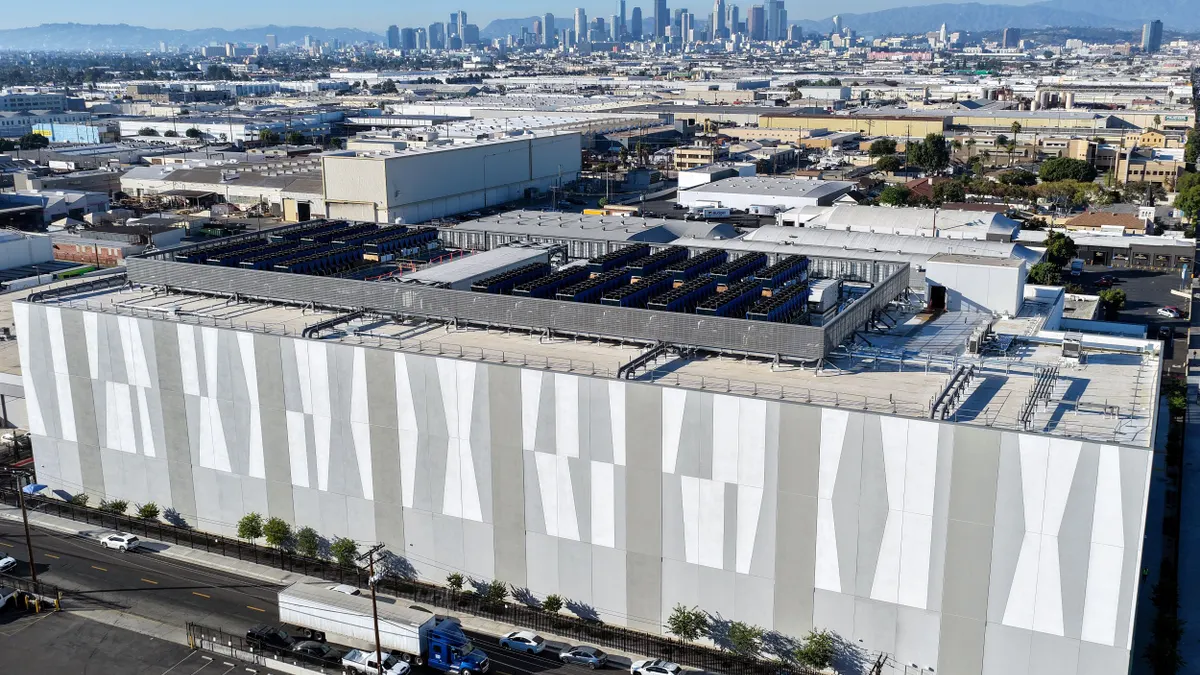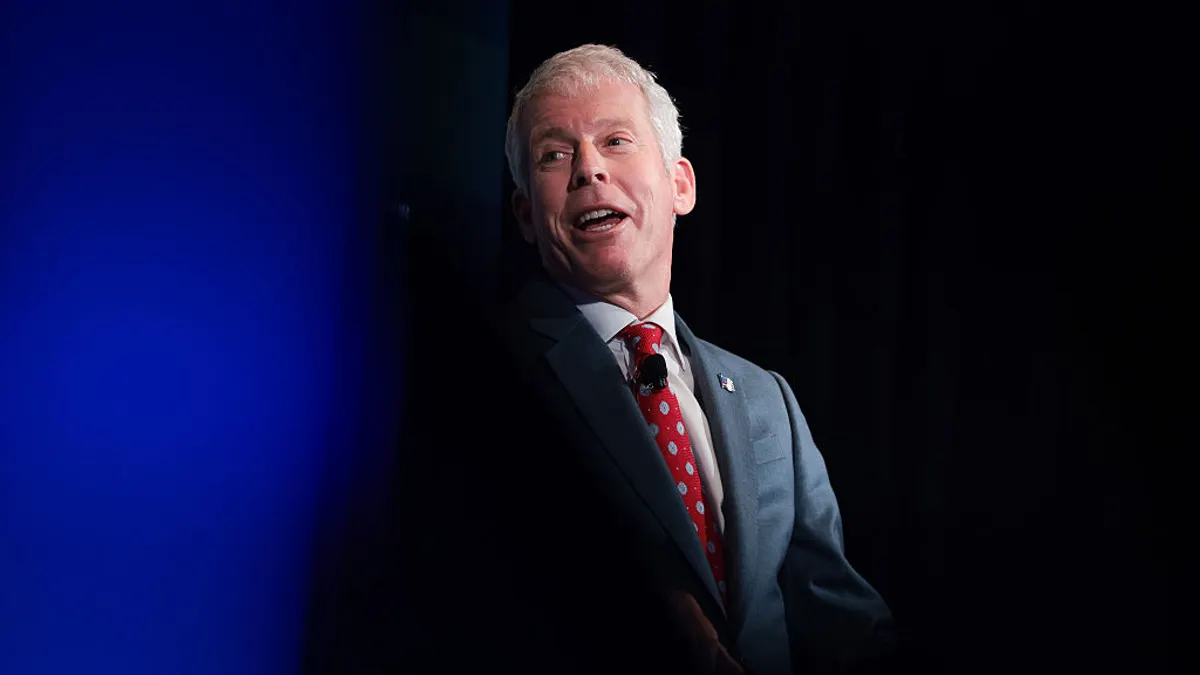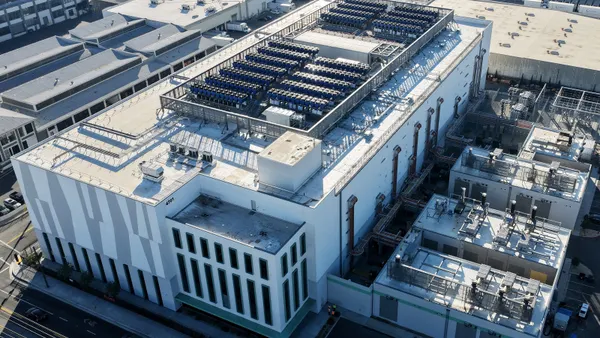Residential solar and storage advocates are waiting to learn about changes to incentives for new distributed resources customers in Southern Arizona.
The Arizona Corporation Commission (ACC) could vote on "Phase 2" proposals from Tucson Electric Power (TEP) and its sister-utility UniSource Energy Services (UES) for new rooftop solar as soon as their open meeting in September.
The commissioners could also incorporate an administrative law judge order from April, which recommended a special rate proposal for solar customers with home battery storage systems. The recommendation, flagged once more by the Arizona Daily Star, was proposed by solar-industry groups and is similar to Arizona Public Service's (APS) pilot rate plan for behind-the-meter load controllers such as batteries.
TEP and UES would need to respond and file a proposal on a solar-plus-storage rate, if prompted by the ACC. The two utilities value the load management potential of the technology for their customers, according to TEP spokesman Joseph Barrios.
"We haven’t gotten so far as to solidify a proposal, it’s something we're exploring internally right now," Barrios told Utility Dive.
A full plate for the ACC
Before the ACC votes on the judge's recommendation, the commissioners must decide to consider it among their many other priorities.
The ACC is working through a lot of big items, including a docket focused on transactive energy that the commission opened in July and Commissioner Andy Tobin's Arizona Energy Modernization Plan which seeks to supply the state with 80% renewable of nuclear power by 2050.
When asked about the ACC's agenda and priorities of a solar-plus-storage rate for TEP/UES customers, ACC communications director Holly Ward said Chairman Thomas Forese will set the agenda for the monthly open meetings — which will "typically be posted within week or two ahead of the meeting date."
"The Commissioners will make their intent clear in the docket or in an Open Meeting directly addressing this item," Ward said in an email.
The next ACC open meeting is scheduled for Sept. 11-12.
But despite everything that's going on, advocates for rooftop solar were encouraged when Tobin pulled the TEP/UES rate proceedings item from consideration at the June meeting, allowing for further analysis of how the rates would affect rooftop solar possibilities for the region. Net Zero Solar's engineering director and owner Louis Woofenden told Utility Dive he felt "pretty positive that that discussion is continuing" with Tobin.
It's all about solar
While ACC could certainly ask for something a little different from the judge's recommendations, any changes to the incentive for solar-plus-storage customers may pale in comparison to the changes coming for potential rooftop solar owners. Residential storage is fairly new to TEP/UES customers. Barrios estimated only 30 to 40 customers currently have home battery systems.
There's "a certain class of customer that's going to be interested in solar, storage and load control," Woofenden said, but the economics for this system are tough and they wouldn't be helped by the TEP/UES rate proposal for new rooftop solar customers.
In fact, any positive news about a solar-plus-storage incentive may be offset, distributed solar advocates say, if the ACC approves a "bad deal" for future residential solar customers.
After the 2017 ACC decision to end net metering, regulated utilities have been proposing redesigned rates for potential rooftop solar customers.
TEP and UES consolidated rates with very similar structures for selling energy back to the grid for Southern Arizona customers.
Under the proposal, new rooftop solar customers could be paid back for their solar system in less than nine years, saving about $90/month on their electric bills, according to Barrios. That would be about $14 less per month than under current net metering rules.
Some advocates for rooftop solar development have maintained throughout the case that the difference is too large.
"They [TEP/UES] proposed to dramatically overhaul the rate design new rooftop solar customers would pay immediately in ways that would very much undermine if not halt rooftop solar in southern Arizona," Michael Hiatt, an Earthjustice attorney representing Vote Solar, told Utility Dive.
Hiatt pointed to the APS rate system, where Vote Solar and other solar advocates agreed to a smaller reduction in the export rate than current net metering customers.
Woofenden pointed out that the initial export rate for APS was relatively high, close to the retail rate, while TEP had a relatively low rate that would make it harder for customers to make a profit by selling their power back to the grid.
Barrios pointed out that the two utilities could not be directly compared to APS due to different rates and circumstances.
"We feel there's plenty of opportunity and plenty of incentive for residential customers to invest in rooftop solar even if our proposal is approved as is," Barrios said.







